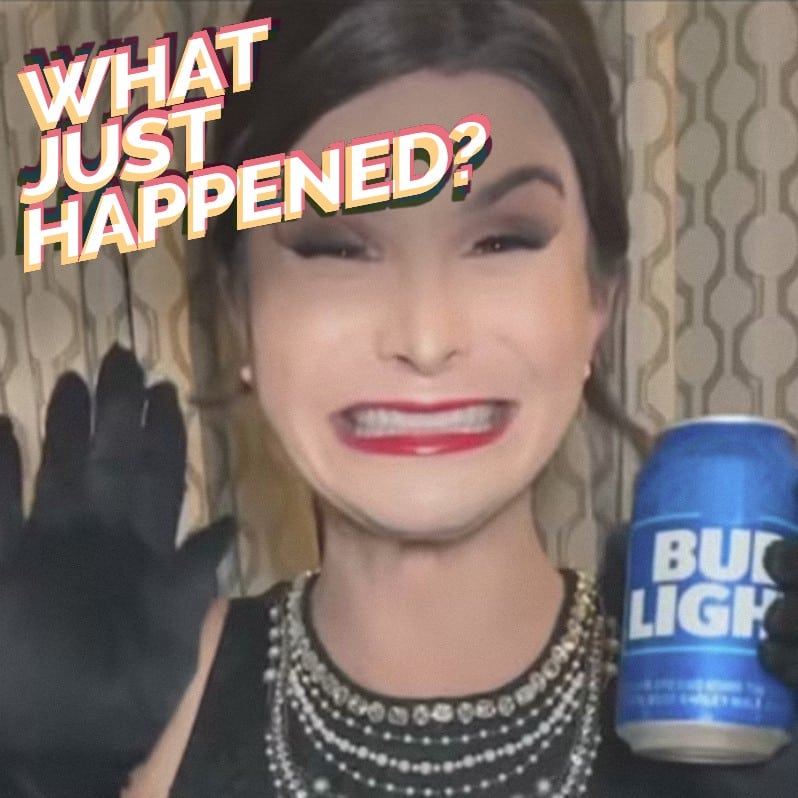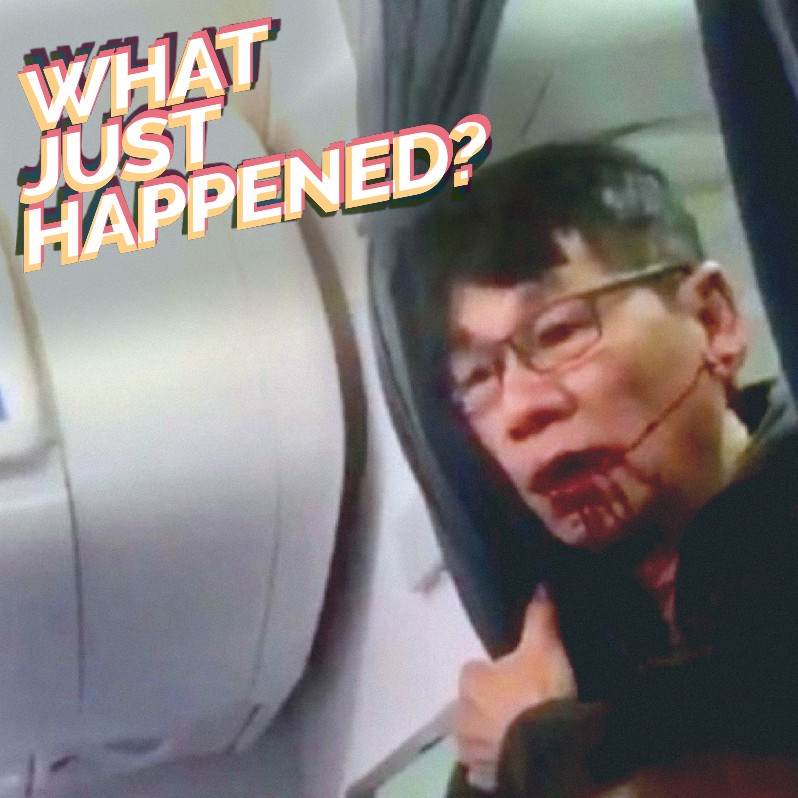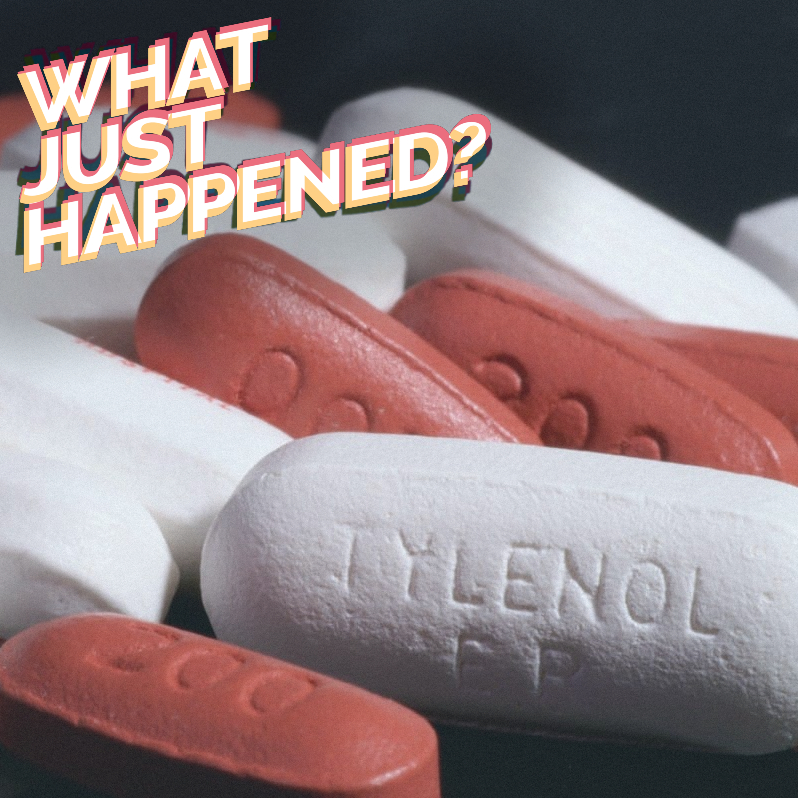The first episode of our new Polpeo podcast, ‘What Just Happened?’ explores the so-called ‘Tylenol Murders’ and subsequent mass product recall of Tylenol in the US by owners Johnson & Johnson.
The crisis was a masterclass in leadership and has huge lessons for businesses today.
In 1982, seven people died in the Chicago area after taking Tylenol, which was later found to have been tampered with and laced with potassium cyanide. Johnson & Johnson did something they’d been told was impossible, recalling 31 million bottles of Tylenol from shelves across the US, rather than localising the recall to the Chicago area, where the murders had happened.
Not only that, but Johnson & Johnson introduced tamper-evident packaging, which changed the way over-the-counter medicine was packaged across the industry. It also adapted the way it manufactured the tablets themselves to prevent tampering.
Jonathan Hemus, founder and CEO of crisis specialist consultancy Insignia and author of Crisis Proof joined us on the podcast to look at the lessons that leaders can learn today from the Tylenol crisis.
Set your strategic intent, guided by your values
This is the big one. Strategic intent, says Hemus, is a vision of success – a description of where the organisation wants to get to through its crisis management response. He told us: “It aligns the crisis management team around a shared objective, makes decision-making easier by providing a destination to aim for, and allows for prioritisation by focusing on actions that will have the biggest impact.”
When leaders embrace the strategic intent, he told us, it can be transformational. And it certainly was in this case. Johnson & Johnson has a clear set of values, that it calls its ‘credo’, that lays out very clearly what the business’ priorities are. That must have made it easier for James Burke, (CEO of Johnson & Johnson during the Tylenol crisis) to set his intent for the crisis.
If you know your first responsibility is to the people who use your products, as Johnson & Johnson says in its credo, you can make a tough decision to sacrifice revenue in order to ensure safety.
Your values – if they are embedded in your company culture – will guide your decision-making. Nothing tests values like a crisis.
Build a culture of psychological safety
Taking a tough decision, as Burke did, could mean making a massive mistake. It’s a risk. And so many leaders shy away from it. A culture of psychological safety encourages people to make those difficult calls, to be brave – even if it’s against advice – and avoid groupthink.
Perhaps this was formed early in Burke’s career. There’s a story on the Johnson & Johnson website that talks about Burke’s early experience at the company. He was in charge of developing a new product when he was relatively junior, and it was a disaster. He was called into Robert Wood Johnson’s office (who was the CEO at the time), and thought he was going to get fired. Instead, he was congratulated for trying.
Perhaps that culture of psychological safety helped Burke make such a hard decision to recall Tylenol.
You can listen to the episode over on our podcast page (or wherever you get your podcasts).








